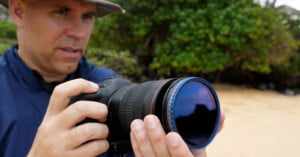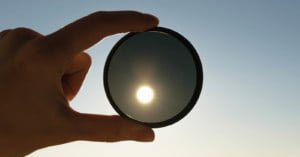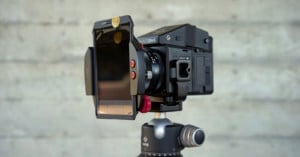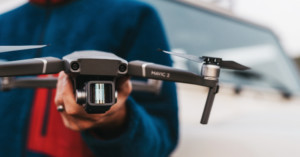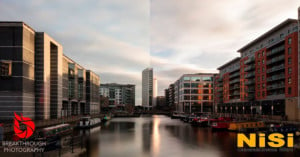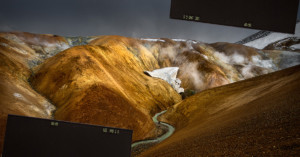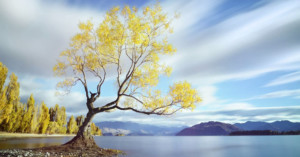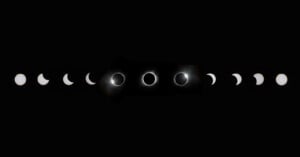
How to Photograph the Solar Eclipse
The upcoming solar eclipse on April 8 is a highly anticipated event, in large part because it will be the last to cross over North America for 20 years. It is a special event to witness and photograph, though it does require planning and preparation.
